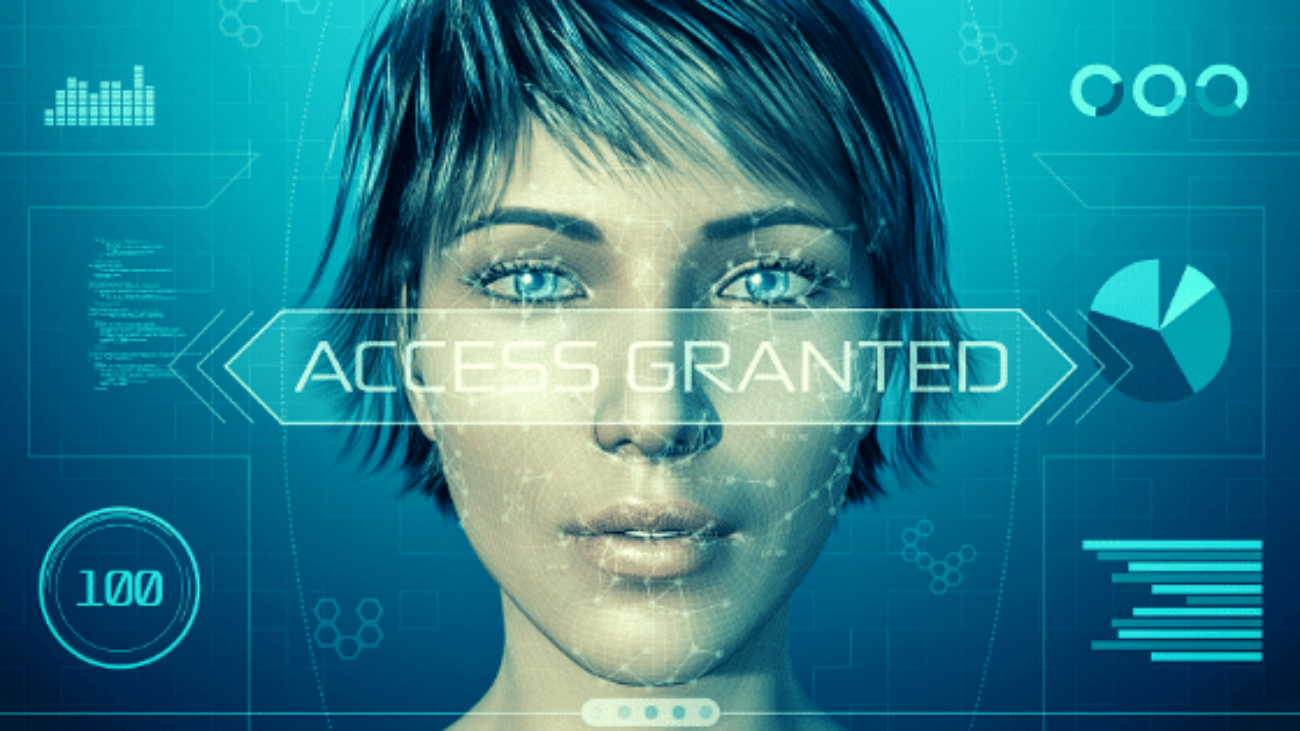Covid-19 has taught us a lot and the ways of dealing with challenges. Even though pandemic had slowed down the processes in many industries, healthcare AI has been proving its best since the lock down began. Virtual care and virtual connection has increased than ever before pulling out the necessities and requirements of new technology trends.
Amidst the growth of technology or healthcare AI, a strong place for innovation is essential at this point of time. It’s the only way to deal with the pandemic at present and in future. Healthcare AI as well as other healthcare technologies are very crucial in resolving the crisis and increasing profits.
Let’s check out new healthcare AI trends 2021:
1.Healthcare AI Fights Covid-19:
- It definitely is a valid point! There’s no doubt in describing the ways and critical role of healthcare AI against Covid-19. It may include pandemic detection, development of vaccine, thermal screening, facial recognition with masks and analyzing CT scans.
- An app was developed and became a major pioneer in early warning systems just to identify the pandemic including Covid-19.
- It was the first one to publish a paper that predicts the spread of global pandemic.
- This particular app scans over 100,000 media sources worldwide in over 65 multiple languages every day to confirm dangerous outbreaks in nearly real time.
- In order to predict the risk of pandemic, the below were analyzed:
- Animal and insect populations
- Regional, global climate conditions
- Flight data and itineraries worldwide
- Capacity of health systems
- Vaccine Development
- According to Brookings Institution, the main motive while developing vaccines is to very actively and strongly include immunogenic viral components which tends to cause response from immune system.
- Healthcare AI and machine learning technology has made attempts to enable bigger strides in immunology. It can also aid in identifying different fragments those have the capacity to accomplish these goals properly.
- Healthcare AI and machine learning also enables those advancements which humans won’t be capable of achieving the standards.
- The precision, efficiency, and speed of these healthcare AI technology developments cannot be achieved with humans alone.
- Immunologists identified over one million fragments of proteins on a cell’s surface those were easy to discover by T-cells.
- As per Food and Drug Association, many kinds of thermal screening systems and non-contact infrared thermometers actually use various technology methods to determine and track the temperature in humans.
- Healthcare AI does it all at once without any delay by working quickly towards identification of patients or people with high temperature.
- Deep learning also helps in a way to recognize faces with masks. Facial recognition has improved in such a way to identify individuals behind the masks with 95% of accuracy.
- When human error becomes a problem in CT scan analysis, healthcare AI detects pneumonia caused by COVID-19 in chest CT scans through multinational training data for machine learning.
The Internet of Medical Things:
- There are various mobile apps and devices that play critical role in tracking and preventing chronic illness. With the combination of Internet of Things- IoT development with telemedicine technologies, the Internet of Medical Things has emerged. This development includes the use of numerous wearables such as ECG and EKG monitors.
- It allows taking other common medical measurements as well, and those include, skin temperature, glucose levels and readings of blood pressure.
- IoT is expected to grow and worth $6.2 trillion within next five years. Healthcare industry started to rely on IoT more that almost 30% of its market share arrives from healthcare AI and devices.
- One of the biggest challenges faced by healthcare industry is to provide effective communication followed by many IoT devices.
- It can cause issues especially while trying to collect large amount of data or information from servers.
- Another common issue is with connectivity. It goes hand in hand as data collection by microcontrollers and smartphones are disrupted by multiple factors.
Privacy Issues:
- Privacy and compliance are extremely important when it comes to healthcare industry or healthcare billing. Even though cloud computing is capable of storing the data and retrieving it when essential, regulations to secure and protected health information can be strict and rigid.
- Remote communication is extremely essential for telemedicine consultations especially during public health emergencies like Covid-19.
- Few telemedicine technologies can’t be completely compliant. It obviously raises questions against privacy and patient’s data security.
- Healthcare professionals must ensure if they are strictly following regulations and if they are HIPAA compliant in order to protect patient’s valuable information.
- Healthcare AI paves a way to securely store the information without any hassle.
Healthcare AI technologies in Industry:
- Information processing and decision making skills that are similar to human intelligence paves a way for many possibilities. Healthcare AI technology can accelerate speed, precision and also efficiency of diagnosis.
- AI driven analytics helps to achieve early treatment via machine learning algorithms, and drug development is possible by increasing the search for chemical and biological interactions.
- Chatbots also are assisting patients in self-diagnosis. Chatbot technology is really helpful for healthcare professionals in dealing , diagnosing patients and also assisting in the process.
Create Quicker Decisions in Cloud:
- Keeping data privacy concern aside, cloud computing and storage can be used to facilitate faster and result in better healthcare decisions which turns out to be the biggest achievement.
- Compared to the X-rays provided in paper format or written in CD or sent through post between healthcare professionals, digital format of uploading to the cloud and storing them securely by accessing it from anywhere can save time and speed up decision making process.
- Entire healthcare profiles of patients can be tracked to help patient at his or her toughest times and making informed decisions on treatments.
- This particular approach is definitely not a fantasy but using AI healthcare industry has enhanced facilities to forecast how much blood plasma is required for patients.
- AI tools are being actively used by healthcare professionals to predict the risk of missed appointment. So, AI can be marked as one of the key digital healthcare trends of 2021.
Hope you got information on Healthcare AI technology trends 2021. For any suggestions, please comment below. Follow us on Facebook, LinkedIn, Twitter and Instagram. Do subscribe our blog and YouTube for latest updates on healthcare.




